The Freqonomics podcast explores “the hidden side of everything.” This particular episode does a masterful job of charting the Internet’s trajectory from its inception (and before) to the present. Without being overly technical, it outlines some key trends that may threaten the original vision of the net as an open communication platform for everybody—and may also have profound impact on our greater society.
Category: Chapter 9 The Evolving Internet
Shaming and bullying existed long before the Internet age. But social networks have the power to magnify the negative impact of those activities, sometimes wrecking the lives of innocent people in the process. In this fascinating TED talk, Jon Ronson graphically illustrates this phenomenon with a true story and talks about what we need to do to minimize the consequences of Internet shaming.
[iframe id=”https://embed-ssl.ted.com/talks/jon_ronson_what_happens_when_online_shaming_spirals_out_of_control.html” align=”center” mode=”normal” autoplay=”yes” aspect_ratio=”4:3″ maxwidth=”720″]
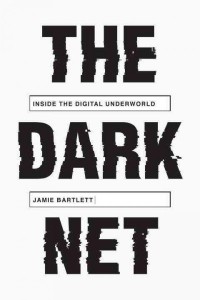 There are huge chunks of the Internet that can’t be found with your standard web browser. Criminals, anarchists, and trolls use encryption-enabled browsers to conduct their business anonymously in these dark corners of the net. In this fascinating Fresh Air interview, author Jamie Bartlett talks about his experiences in the dark net.
There are huge chunks of the Internet that can’t be found with your standard web browser. Criminals, anarchists, and trolls use encryption-enabled browsers to conduct their business anonymously in these dark corners of the net. In this fascinating Fresh Air interview, author Jamie Bartlett talks about his experiences in the dark net.
npr.org/sections/alltechconsidered/2015/06/03/411476653/infiltrating-the-dark-net-where-criminals-trolls-and-extremists-reign
Many people believe that privacy is a thing of the past. It’s true that our networked world makes it harder to keep secrets. But there are many things you can do to protect your privacy online. This Huffington Post article clearly outlines some quick fixes you can make in a few minutes.
Facebook made lots of headlines a few months ago when people discovered that their news feeds had been manipulated for research purposes. Many people were shocked that they’d been unwitting participants in massive social science studies. But similar research at Facebook has also been used to help the company to determine how to best help customers deal with unwanted posts. This Radiolab program explores the light and dark sides of Facebook’s gigantic social engineering projects.
www.radiolab.org/story/trust-engineers/
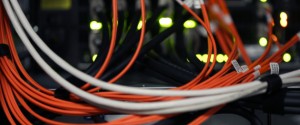 Net neutrality has been a core principle of the Internet since the beginning, but it’s been making lots of headlines lately. The FCC has ruled that net neutrality is the law of the land—at least for now. But what does that mean for you? This Huffington Post article focuses on that question and gives clear answers.
Net neutrality has been a core principle of the Internet since the beginning, but it’s been making lots of headlines lately. The FCC has ruled that net neutrality is the law of the land—at least for now. But what does that mean for you? This Huffington Post article focuses on that question and gives clear answers.
www.huffingtonpost.com/2015/02/26/fcc-net-neutrality-ruling_n_6761174.html
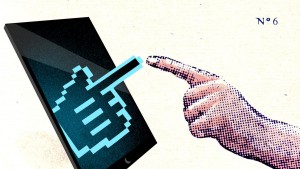 This is a big question with a multitude of answers. NPR’s new program/podcast Invisibilia answers with three stories. The first one looks at the big picture with questions about artificial intelligence, wearable computers, and the possibilities for human/computer co-evolution. The other two stories look at specific, personal, right-now examples of human character changes as a result of digital technology.
This is a big question with a multitude of answers. NPR’s new program/podcast Invisibilia answers with three stories. The first one looks at the big picture with questions about artificial intelligence, wearable computers, and the possibilities for human/computer co-evolution. The other two stories look at specific, personal, right-now examples of human character changes as a result of digital technology.
npr.org/programs/invisibilia/385792677/our-computers-ourselves
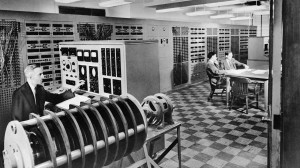 In Digital Planet we tell the stories of many of the pioneers of the digital age—people who invented or discovered ways of doing things that weren’t previously possible. In his book The Innovators, Walter Isaacson weaves many of those stories, and others, together into a larger story—the story of the creation of the Internet. In this Fresh Air interview, he makes it clear that great changes often result from the work of many people over time.
In Digital Planet we tell the stories of many of the pioneers of the digital age—people who invented or discovered ways of doing things that weren’t previously possible. In his book The Innovators, Walter Isaacson weaves many of those stories, and others, together into a larger story—the story of the creation of the Internet. In this Fresh Air interview, he makes it clear that great changes often result from the work of many people over time.
npr.org/blogs/alltechconsidered/2014/10/06/353269811/how-the-cold-war-and-george-orwell-helped-make-the-internet-what-it-is
 Predicting the future isn’t easy—especially when it’s coming so fast. But people still try. Which of these expert predictions about the Internet’s future ring true to you?
Predicting the future isn’t easy—especially when it’s coming so fast. But people still try. Which of these expert predictions about the Internet’s future ring true to you?
huffingtonpost.com/2014/03/11/heres-what-the-internet-c_n_4943051.html
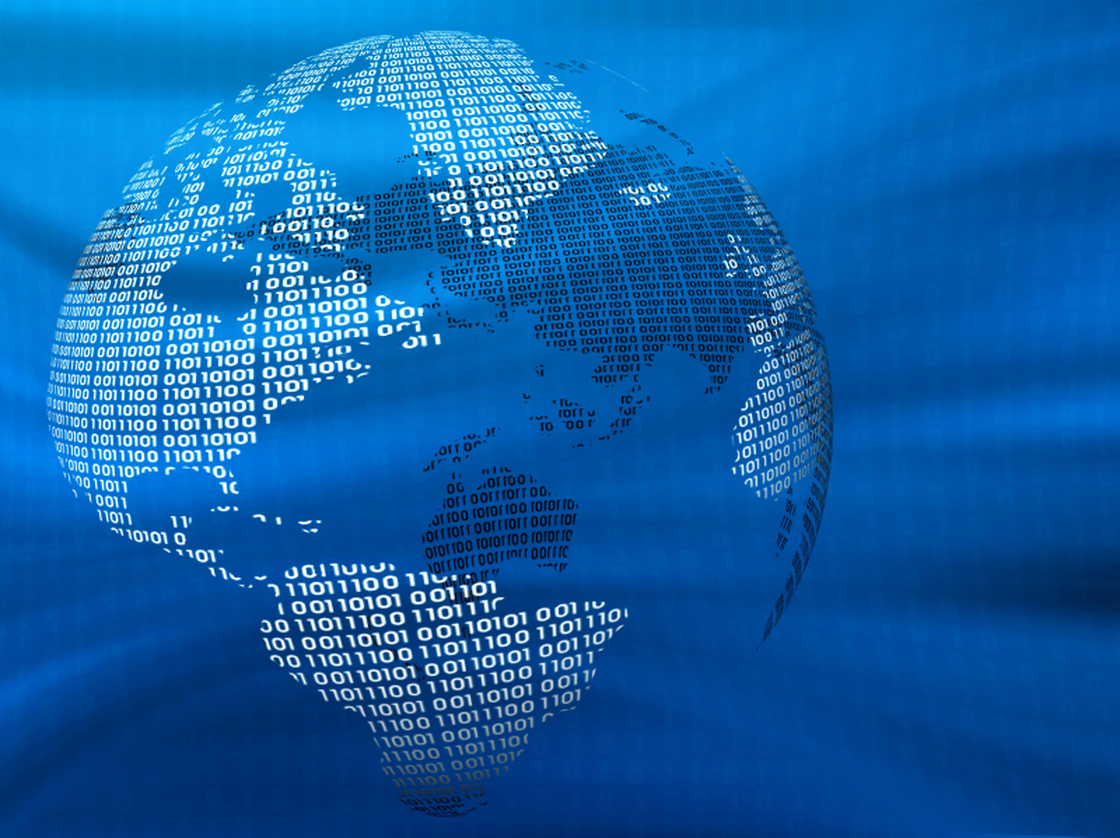 The Internet was created in the US, but you’d never know it based on the quality and price of service US Internet users get. In this NPR Fresh Air interview, author and professor Susan Crawford explains why US service is so slow, so expensive, and so inadequate for building future prosperity.
The Internet was created in the US, but you’d never know it based on the quality and price of service US Internet users get. In this NPR Fresh Air interview, author and professor Susan Crawford explains why US service is so slow, so expensive, and so inadequate for building future prosperity.
npr.org/blogs/alltechconsidered/2014/02/06/272480919/when-it-comes-to-high-speed-internet-u-s-falling-way-behind